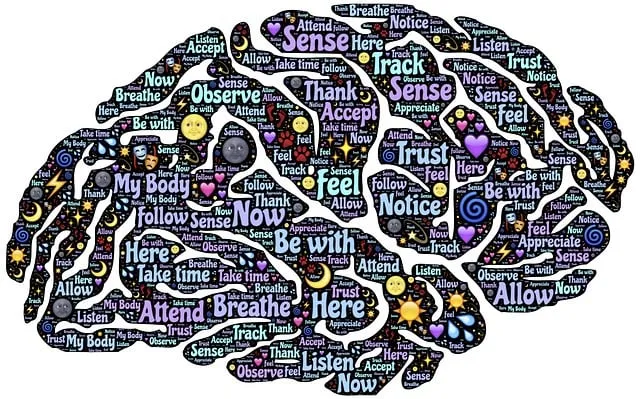In today's fast-paced world, prioritizing mental wellness is crucial. Organizations like Littleton Kaiser Permanente (LKP) emphasize this by offering accessible self-assessment tools that empower individuals to manage stress and anxiety proactively. These tools, designed with a multifaceted approach, should be accurate, user-friendly, and engaging, incorporating diverse methods for a holistic view of mental wellness. LKP's phone-based behavioral health resources break down barriers to care, offer immediate crisis intervention, and promote open dialogue about psychological well-being, contributing to healthier communities.
Mental wellness self-assessment tools play a crucial role in identifying and addressing psychological challenges early. With increasing awareness of mental health importance, these tools are becoming essential in behavioral health care. This article explores the development process, highlighting key considerations such as user-friendliness and accuracy. We delve into practical implementation strategies, focusing on innovative approaches like phone services offered by Littleton Kaiser Permanente Behavioral Health, making mental wellness assessments accessible to a wider audience.
- Understanding the Need for Self-Assessment Tools in Behavioral Health
- Designing Effective Mental Wellness Self-Assessment Tools
- Implementation and Access: Reaching Out Through Phone Services like Littleton Kaiser Permanente Behavioral Health
Understanding the Need for Self-Assessment Tools in Behavioral Health

In today’s fast-paced world, prioritizing mental wellness is more crucial than ever. Self-assessment tools play a pivotal role in behavioral health, offering individuals a means to gain valuable insights into their emotional well-being. Organizations like Littleton Kaiser Permanente behavioral health phone number highlight this growing need by providing accessible resources for community members to take charge of their mental health. These tools empower people to proactively manage stress, anxiety, and other common issues before they escalate.
The development of effective self-assessment tools is not merely a matter of personal interest; it aligns with broader initiatives in Mental Health Policy Analysis and Advocacy. By promoting early detection and intervention, these tools can contribute to the success of Community Outreach Program Implementations. Moreover, they offer a practical approach to enhancing social skills, as evidenced by studies on Social Skills Training, ultimately fostering healthier communities.
Designing Effective Mental Wellness Self-Assessment Tools

Designing effective mental wellness self-assessment tools requires a multi-faceted approach that caters to individual needs and preferences. At Littleton Kaiser Permanente behavioral health phone number, professionals emphasize the importance of creating assessments that are not only accurate but also user-friendly and engaging. Incorporating diverse methods like self-awareness exercises, communication strategies, and conflict resolution techniques can provide a holistic view of an individual’s mental wellness.
These tools should facilitate open and honest self-reflection while offering practical insights for personal growth. By integrating evidence-based practices and leveraging technology, developers can ensure that the assessments are both reliable and valid. Additionally, promoting accessibility and inclusivity in design ensures that these tools cater to a broad spectrum of users, making them valuable resources for enhancing mental wellness in diverse populations.
Implementation and Access: Reaching Out Through Phone Services like Littleton Kaiser Permanente Behavioral Health

The implementation of mental wellness self-assessment tools is a vital step towards fostering better psychological healthcare accessibility. One notable example is the service provided by Littleton Kaiser Permanente Behavioral Health, which offers phone-based resources for those in need. By reaching out to individuals through a simple phone call, this program breaks down barriers often associated with seeking help, such as physical access or social stigma. The crisis intervention guidance offered ensures that people can receive immediate support and direction towards appropriate self-help strategies or professional care.
This approach not only caters to those who may feel hesitant to visit a clinic but also provides an accessible, confidential space for self-awareness exercises. Users can explore their mental health issues at their own pace, leading to better understanding and management of conditions like anxiety, depression, or stress. Furthermore, such initiatives contribute to the ongoing mental illness stigma reduction efforts by promoting open dialogue and normalizing conversations about psychological well-being.
Mental wellness self-assessment tools play a pivotal role in addressing the growing need for accessible, personalized support. By designing effective tools that cater to diverse needs, as demonstrated by initiatives like Littleton Kaiser Permanente Behavioral Health’s phone services, we can significantly enhance people’s ability to take charge of their mental health. These resources not only provide initial assessments but also serve as gateways to tailored interventions and professional care, ultimately fostering a healthier and more resilient community.






